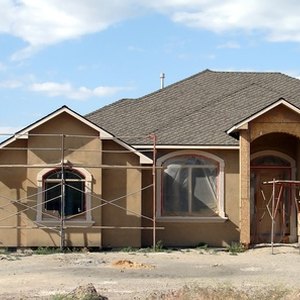
When a house is put on the market and a loan is taken out to buy it, a number of different forces are at work deciding the price for the house, the mortgage, and the taxes that the new owner must pay on the property. These values are determined through various kinds of assessments and appraisals. These assessments differ based on who conducts them.
Tax Assessment
Tax assessments determine the value of the house so that a municipality knows how much to charge for property taxes. Typically, these tax assessments are conducted by a public tax assessor, who is certified to find an appropriate legal value for the home. These values are typically made for the previous year to avoid confusion, and do not always reflect current values in a rapidly changing market. One way an assessment is made is by comparing the property to similar houses that have recently sold.
Bank Appraisals
Bank appraisals are similar to tax assessments but are conducted to find market values so that the bank can determine what sort of loan to give to a buyer, or what price to set if the bank owns the property and is trying to sell it. The bank assessment is not always equal to market value because banks have a vested interest in a higher price.
Market Value
The market value of a house is very fluid and is not generally based on any actual number. The real market value is only established once the house is sold and cannot be determined precisely until then. After the house is sold, the market continues to change, so the market value is never truly constant.
Characteristics
When comparing the property to other houses, many different characteristics are examined. The more detailed the assessment, the more factors are compared. Location is very important, as is the size of the house, the year it was built, the number and type of amenities it has, and any extra features that may be included. The more different other properties are in terms of location or features, the more inaccurate the assessment will be.
Listing Prices
The listing price is the asking price that the owner puts on the house when trying to sell it on the market. The listing price should not be confused with the market value or with any other assessment price. It is an arbitrary number that usually reflects the owner's own desires, not the property's actual value. A wise seller will seek a listing price near to the market value, but this is in no way guaranteed.
References
Writer Bio
Tyler Lacoma has worked as a writer and editor for several years after graduating from George Fox University with a degree in business management and writing/literature. He works on business and technology topics for clients such as Obsessable, EBSCO, Drop.io, The TAC Group, Anaxos, Dynamic Page Solutions and others, specializing in ecology, marketing and modern trends.

